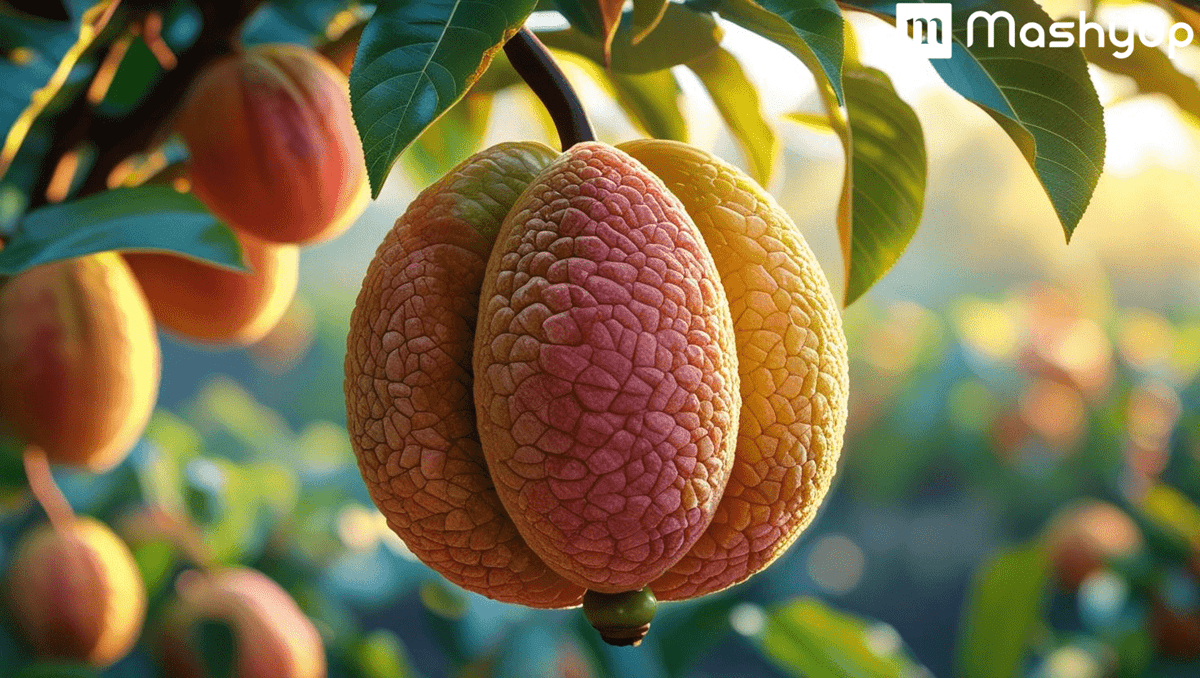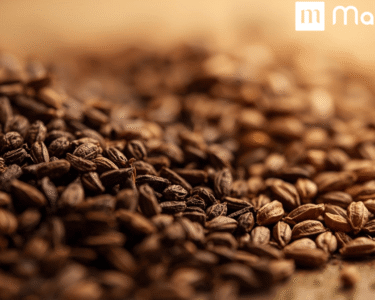If you’re looking to add a naturally sweet yet incredibly healthy fruit to your diet, Anjeer—commonly known as dried fig—might just be your best pick. In addition to being a treat for your taste senses, this chewy fruit with a honey flavor is a nutritional gold mine. The benefits of Anjeer fruit, which have their roots in traditional medicine and are now supported by research, range from improving digestion to strengthening bones.
The amazing health advantages of Anjeer dried fruit, how to include it in your diet, and why it should be a permanent fixture in your kitchen cabinet will all be covered in this blog.
What is Anjeet Fruit?
Before discussing the benefits of Anjeer, let’s understand what Anjeer dry fruit really is :
Anjeer is a member of the mulberry family and is a dried version of the fig fruit. Anjeer comes from the native to Middle east and western Asia, and in recent years it has made its way to Indian kitchens, Ayurvedic remedies and even desserts. Figs, when sun dried or dehydrated, transform into soft, chewy bites that are loaded with concentrated nutrition.
Anjeer Nutrition Profile
The high nutritional content of Anjeer is what makes it a superhero among many dry fruits. Let’s have a quick look at what 100 grams of Anjeer provides us with:
| Fiber | 9.8 gram |
| Calories | 249 kcal |
| Calcium | 162 mg |
| Iron | 2.03 mg |
| Magnesium | 68 mg |
| Potassium | 680 mg |
| Natural Sugar | 47.9 gram |
| Protein | 3.3 gram |
Besides this, Anjeer is also an excellent source of Vitamin A, B1, B2 and K as well as essential antioxidants and enzymes.
Anjeer Fruit Benefits : Reasons it Should be Consumed Daily
Boost Heart Health
Figs have exceptionally high levels of potassium, which helps in the regulation of blood pressure. They also have many natural antioxidants like phenols and flavonoids, which result in the reduction of free radicals and bad cholesterol levels in the body.
Helps in Preventing Anemia
Figs have a good amount of iron in them, which is essential for the production of red blood cells in the body. Hence Anjeer may help you in preventing iron deficiency anemia. Anjeer has shown exceptional wonders for women who are menstruating or in their teenage years.
Improves Oral Health
Fact Check: Anjeer in ancient times was used as a natural toothbrush!
Yes, Anjeer can work wonderfully well on mouth ulcers and gum infections. The fruit contains natural enzymes which help in the overall cleansing of the mouth, leading to reduced bacteria production and enhanced oral health. The antioxidants present in Anjeer also soothe minor oral irritations.
A Natural Sleep Aid
Figs contain special compounds named tryptophan, an amino acid which helps the body to produce melatonin – the sleep hormone. Hence, the presence of melatonin can improve your overall sleep quality while can help people struggling with the problems of insomnia or disturbed sleep patterns.
TIP: Have 1 to 2 soaked figs with milk every day before bedtime to induce restful and calm sleep.
Have Pain Relieving and Anti-inflammatory Properties
Fact Check: In traditional Persian and Unani medicines, figs are used to relieve inflammation in the lungs and even the throat.
Anjeer have many bioactive compounds present in it, which reduce inflammation in the body. Anjeer can be good option for people suffering from joint pains or arthritis, as it acts as a pain relief and anti inflammatory agent.
Supports Pregnancy Health
Figs are packed with an amazing set of minerals like calcium, potassium and folate. All these minerals are crucial for fetal development in mother’s womb. The high fibre content in Anjeer also eases constipation, a very common issue during pregnancy.
Promotes Healthy Nails
Now, this might be a little surprising, as figs may even fix your nail issues. Anjeer contains zinc, calcium, and vitamin B, which support nail strength and prevent them from being brittle and weak. Anjeer is also helpful if you have white spots on your nails or they are discolored due to some deficiencies.
Balances Body Temperature in Summers
In Ayurveda, Anjeer is a cooling food; hence, it can balance the production of excess heat in the body. It can reverse the effects of heat strokes while also preventing rashes in hot climates.
TIP: Consume soaked anjeer during summers regularly to stay cool.
Cognitive and Mental Health Support
Anjeer is rich in antioxidants like polyphenols, which reduce oxidative stress in the brain cells. t also contains high levels of potassium and magnesium, which help in supporting memory retention and can enhance your cognitive performance.
Helps in Reducing Sexual Weakness
In traditional medicine, Anjeer is known as a natural aphrodisiac. The amino acids and minerals present in Anjeer improve stamina, libido and energy, especially in men.
TIP: A classic remedy to boost vitality involves soaking Anjeer in milk overnight and consuming it the next morning.
Are there any Side Effects of Anjeer ?
Anjeer has a broad spectrum of benefits, but still moderation is the ultimate key, with the ideal serving limited to 2-3 figs per day. Overconsumption of the same may lead to :
- Sudden spikes in sugar for diabetics
- Loose stools due to high fiber
- Allergic reactions in rare cases
Creative Ways to Include Anjeer in Your Diet
Let’s learn some fun and healthy ways to add Anjeer dry fruit to your meals
Morning routines: Eat Soaked Anjeer along with soaked almonds for good digestion and boosted energy throughout the day
Smoothies : You can blend Anjeer along with bananas, oats and almond milk for a delicious and super healthy smoothie.
Salads: Chop out Anjeer and toss them with quinoa and green salad for a nutritional bowl of salad.
Desserts: You can use Anjeer as a sugar substitute for puddings, halwas, and energy balls. It acts as a natural sweetener and can be really beneficial for kids
Tea Time : You can use Anjeer dry fruit in the form of dry laddoos and granola bars.
A Timeless Dry Fruit for Modern Health
Anjeer dry fruit benefits are for everyone, regardless of whether you’re an athlete, a busy professional, or someone who wants to improve digestion and immunity. Anjeer is more than simply a fruit; it’s a health companion that is high in nutrients, simple to eat, and supported by centuries of traditional knowledge.






